Standing in Solidarity: Game Developers Launch Palestinian Voices in Gaming to Support Indie Creators
Popular Now
 Stumble Guys
Stumble Guys
 FIFA 23
FIFA 23
 League of Legends
League of Legends
 R.E.P.O
R.E.P.O
 PUBG Mobile
PUBG Mobile
 Fall Guys
Fall Guys
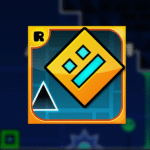 Geometry Dash
Geometry Dash
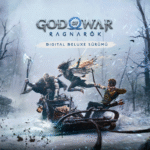 God of War Ragnarök
God of War Ragnarök
 Minecraft
Minecraft
 Schedule I
Schedule I 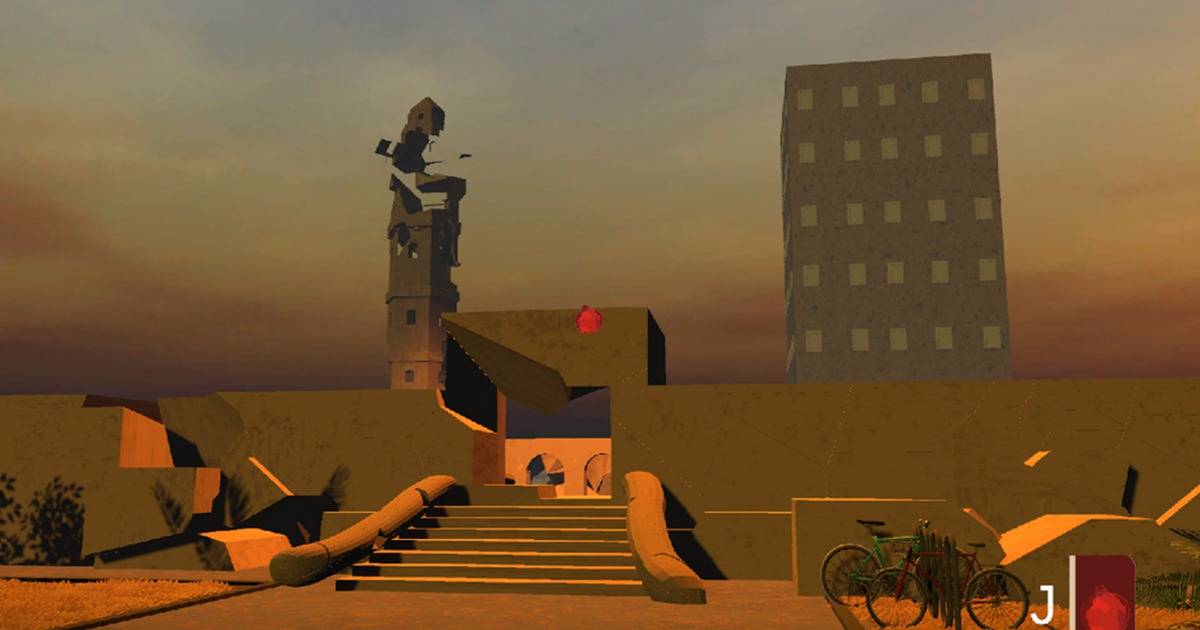 In a powerful display of solidarity and a direct response to the ongoing humanitarian crisis, a group of prominent video game developers has launched a new initiative to support independent Palestinian game creators. The initiative, called “Palestinian Voices in Gaming,” is a volunteer network that aims to provide a platform and professional assistance for developers from Gaza and the West Bank. The network was launched by a collective of industry professionals, including the creators of acclaimed games like Reigns (Nerial), Streets of Rage 4 (Lizardcube), and Saturnalia (Santa Ragione). The goal is to not only provide economic and administrative support but also to combat the dehumanization of Palestinians by amplifying their stories through the unique and powerful medium of video games.
In a powerful display of solidarity and a direct response to the ongoing humanitarian crisis, a group of prominent video game developers has launched a new initiative to support independent Palestinian game creators. The initiative, called “Palestinian Voices in Gaming,” is a volunteer network that aims to provide a platform and professional assistance for developers from Gaza and the West Bank. The network was launched by a collective of industry professionals, including the creators of acclaimed games like Reigns (Nerial), Streets of Rage 4 (Lizardcube), and Saturnalia (Santa Ragione). The goal is to not only provide economic and administrative support but also to combat the dehumanization of Palestinians by amplifying their stories through the unique and powerful medium of video games.
 More Than a Network, a Lifeline
More Than a Network, a Lifeline
Palestinian Voices in Gaming (PVG) is a direct response to the “ongoing mass killing and dispossession of Palestinians in Gaza” and the “violent oppression across the West Bank.” As the organizers state on their website, the dehumanization of Palestinians is linked to their rare visibility in the cultural sphere. This is a problem the network aims to solve by providing a number of crucial services to Palestinian developers. The volunteers will offer administrative help to assist developers in securing funding and will provide assistance in managing resources and volunteer contributions. The network’s mission is to support each project from “production to announcement to publication,” ensuring that these voices and their stories are not only heard but also professionally presented to a global audience.
The network is already working with a number of developers on a variety of projects. One is Rasheed Abueideh, the creator of the successful game Liyla and the Shadows of War, and his new project, Dreams on a Pillow, a game based on the events of the 1948 Nakba. Another is Iasmin Omar Ata, whose forthcoming sci-fi adventure novel Being 2 is set in a Palestinian space colony. Other projects include Yusra’s RiYafa, an underwater experience that uses testimony and symbolism to tell a family’s story, and Yasmine Batniji’s Pomegranates, a game set in the rebuilt Gaza City of 2048, where players trace echoes of the current war.
 Filling a Void in the Industry
Filling a Void in the Industry
The gaming industry has been a site of both protest and silence in recent years regarding the conflict. While some developers and players have used platforms like itch.io to raise funds and awareness, major companies and industry events have largely remained quiet. This is a crucial distinction. As Rasheed Abueideh told a gaming publication last year, there is a lack of “an ecosystem that helps” Palestinian game developers. Without a formal support structure, it is incredibly difficult for indie creators to get their work to a global audience. This is the void that Palestinian Voices in Gaming is looking to fill, by providing the professional support that many game developers take for granted, from marketing to funding and project management.
The creation of this network is a powerful act of defiance and a clear statement of support. It shows that even in an industry dominated by major corporations, there is a growing desire among creators to use their skills and platforms to address political and social issues. The focus on speculative fiction and fantasy as a vehicle for storytelling is also a smart and creative choice, as it allows developers to explore themes of pain and loss in a way that can be both universally understood and deeply personal.
Conclusion: The Power of Personal Stories
The launch of Palestinian Voices in Gaming is a hopeful and important development in the video game world. By bringing together a diverse group of international game professionals to volunteer their time and expertise, the network is not only providing much-needed material support but also a clear signal that the stories of Palestinian creators matter. The projects they are already working with are a testament to the creativity and ambition of these developers. In a world where the visibility of Palestinians is so often limited to images of violence and suffering, these games will offer a different perspective—one of resistance, resilience, and personal history. It is a powerful reminder that video games, in the right hands, can be a profound tool for empathy, understanding, and change.



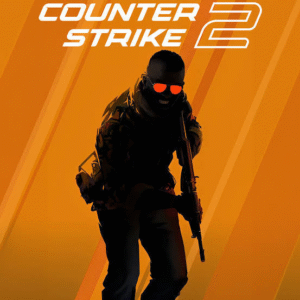
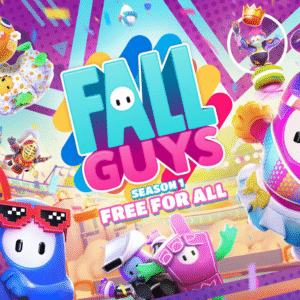
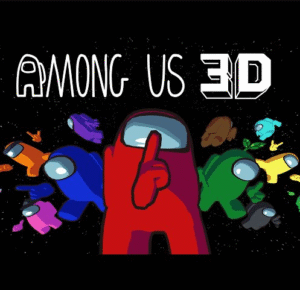
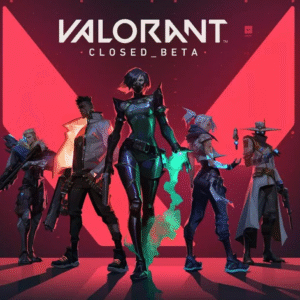
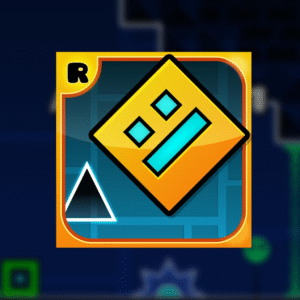



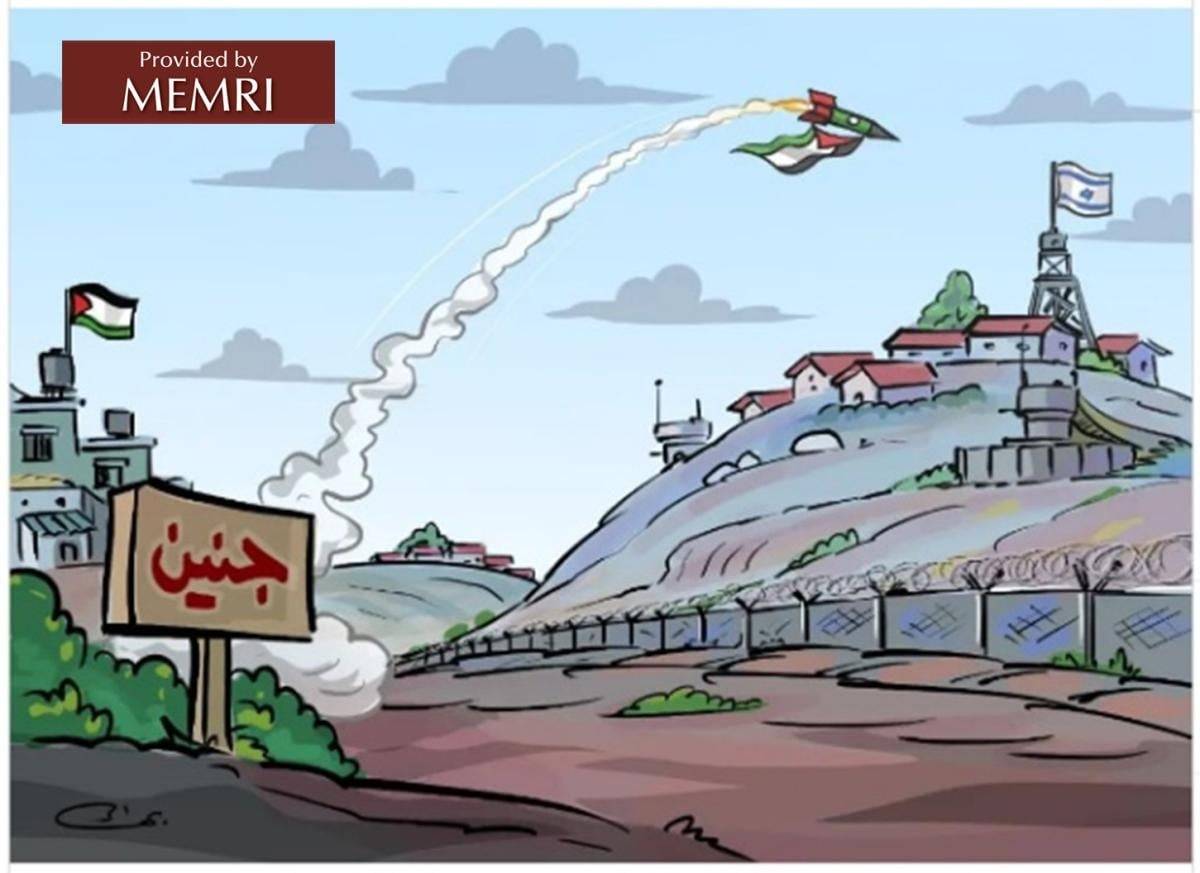 More Than a Network, a Lifeline
More Than a Network, a Lifeline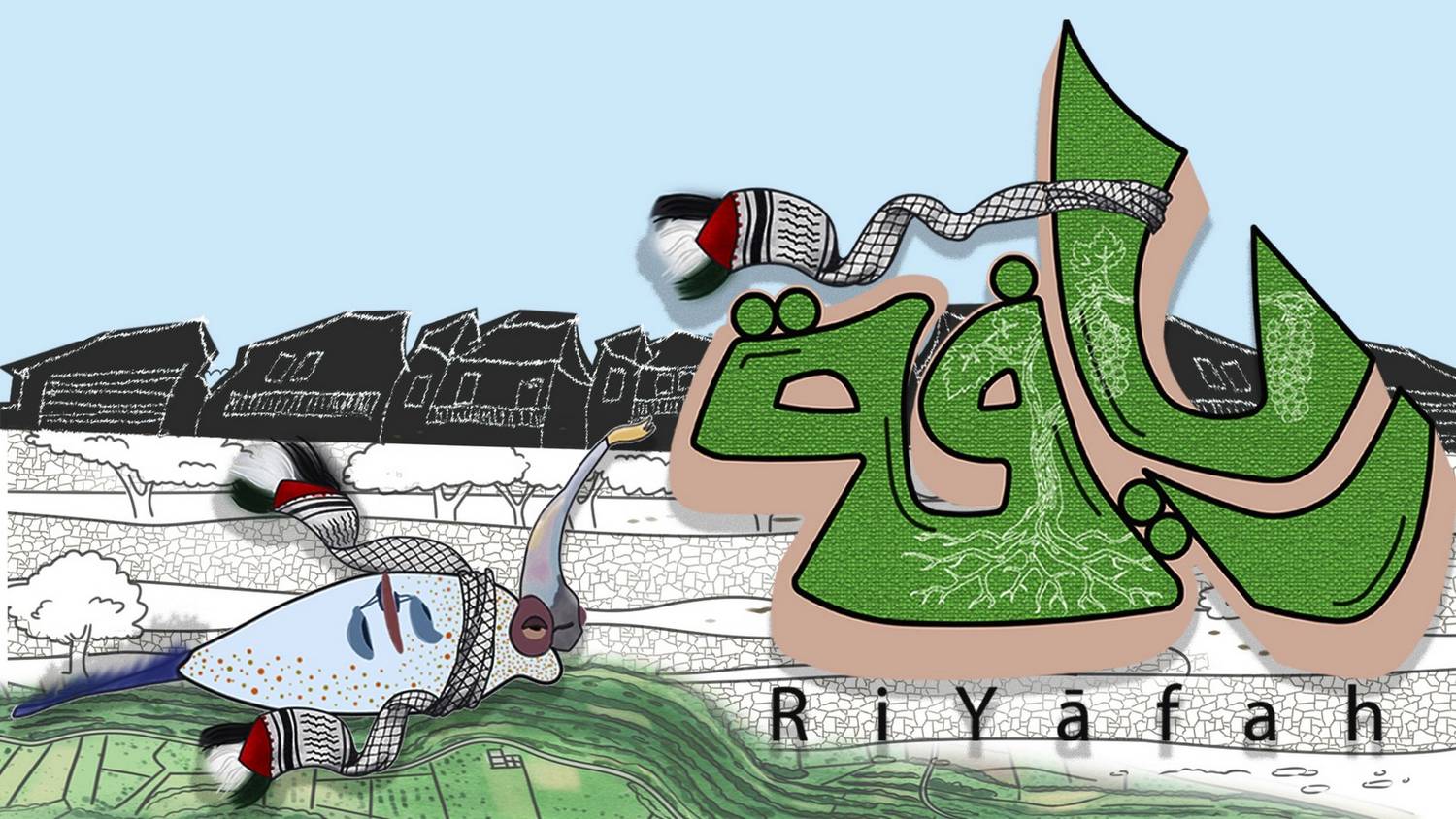 Filling a Void in the Industry
Filling a Void in the Industry